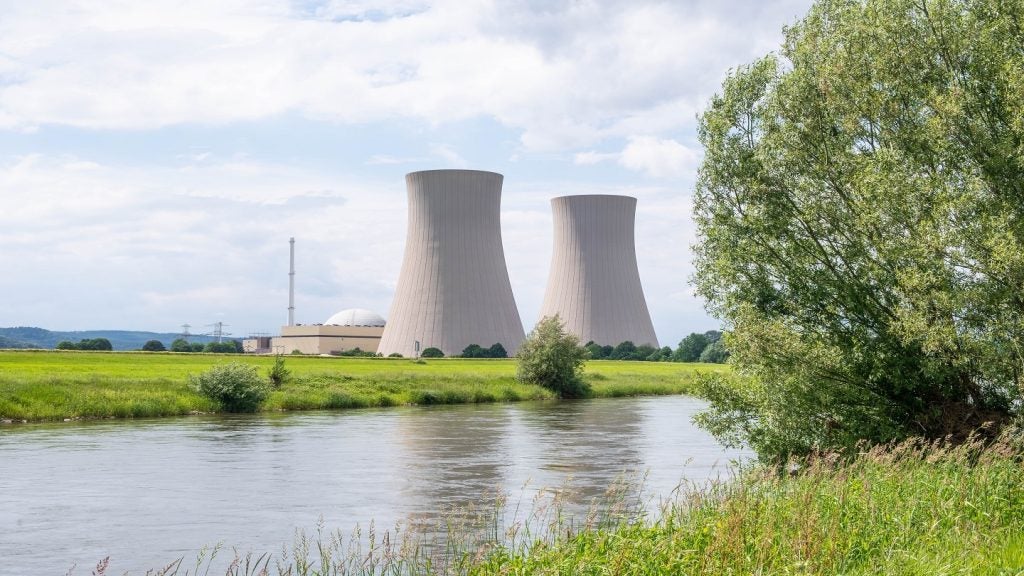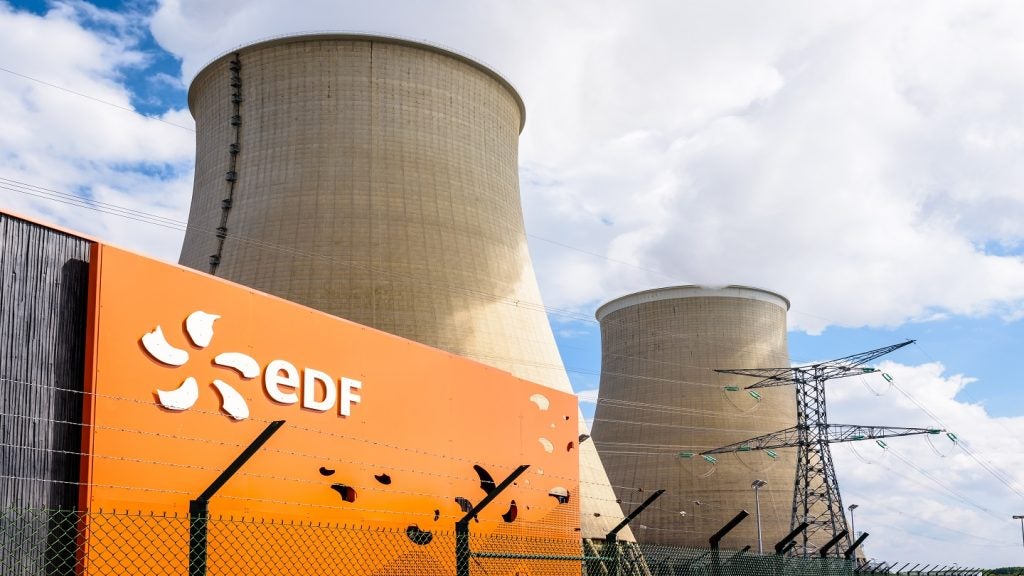Constellation Energy is in discussions with the US state of Pennsylvania governor's office and state legislators regarding funding for a potential restart of a unit at the Three Mile Island power facility, Reuters has reported.
The ongoing talks have been described as "beyond preliminary" by two sources.
The move indicates that Constellation is moving forward with plans to bring back part of the nuclear generation site in southern Pennsylvania, which was operational from 1974 until its closure in 2019.
The unit at Three Mile Island that may be restarted is distinct from the facility's unit 2, which suffered a partial meltdown in 1979 - the most notorious nuclear accident in US history.
The move would be the first re-opening of a US nuclear power plant following a shutdown.
Despite the anticipated high costs, logistical hurdles and potential public and political resistance due to safety and environmental concerns, nuclear energy is gaining renewed interest as the US sees an increase in power demand, particularly from the technology sector.
The sources, who requested anonymity due to the sensitive nature of the discussions, mentioned that a recently revived Michigan nuclear plant, which received a $1.5bn conditional loan for its restart, could provide a model for a public-private partnership at Three Mile Island.
“Though we have determined it would be technically feasible to restart the unit, we have not made any decision on a restart as there are many economic, commercial, operational and regulatory considerations remaining,” stated Constellation spokesperson Dave Snyder in an email to Reuters.
Snyder refrained from commenting on the details of discussions regarding the reopening of the Pennsylvania site.
In June 2024 Constellation confirmed to Reuters that it had completed an engineering study of Three Mile Island, but it remained unclear whether the Baltimore-based company would proceed with reopening the facility.
Due to the high value currently placed on nuclear energy, purchasing additional sites is not a consideration. Instead, the company's strategy focuses on expanding its existing nuclear fleet.














